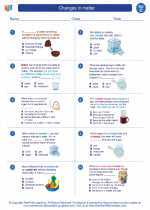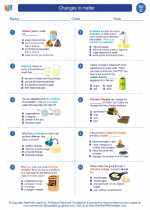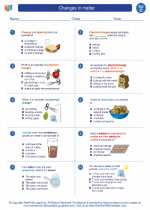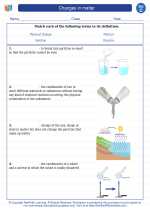Internal Medicine
Internal medicine is a medical specialty that focuses on the diagnosis, treatment, and prevention of adult diseases. Physicians who specialize in internal medicine, also known as internists, are equipped to deal with a broad and comprehensive range of illnesses that affect adults, and are experts in managing patients with complex health issues.
Scope of Internal Medicine
Internal medicine encompasses a wide range of medical conditions, including:
- Cardiovascular diseases
- Respiratory disorders
- Gastrointestinal diseases
- Endocrine disorders
- Infectious diseases
- Rheumatology
- Nephrology
- Hematology
- Oncology
- Neurology
- Dermatology
Study Guide
If you're studying internal medicine, here are some key topics to focus on:
- Anatomy and Physiology: Understanding the structure and function of the human body is crucial for diagnosing and treating diseases.
- Pathophysiology: Study the abnormal changes in function as a result of disease, and how these changes manifest in different organ systems.
- Pharmacology: Learn about the various drugs used to treat different medical conditions, their mechanisms of action, side effects, and interactions.
- Clinical Skills: Develop the ability to perform a comprehensive patient history, physical examination, and interpretation of diagnostic tests.
- Evidence-Based Medicine: Understand the importance of using the best available evidence to make clinical decisions for individual patients.
- Communication Skills: Learn effective communication with patients and their families, as well as with other healthcare professionals.
- Professionalism and Ethics: Understand the ethical principles and professional responsibilities in the practice of internal medicine.
By mastering these topics, you'll gain a solid foundation in internal medicine and be well-prepared to diagnose and manage a wide range of adult diseases.
Good luck with your studies!
.◂Science Worksheets and Study Guides Third Grade. Changes in matter
Study Guide Changes in matter
Changes in matter  Worksheet/Answer key
Worksheet/Answer key Changes in matter
Changes in matter  Worksheet/Answer key
Worksheet/Answer key Changes in matter
Changes in matter  Worksheet/Answer key
Worksheet/Answer key Changes in matter
Changes in matter  Vocabulary/Answer key
Vocabulary/Answer key Changes in matter
Changes in matter 

 Worksheet/Answer key
Worksheet/Answer key
 Worksheet/Answer key
Worksheet/Answer key
 Worksheet/Answer key
Worksheet/Answer key
 Vocabulary/Answer key
Vocabulary/Answer key

The resources above cover the following skills:
Concepts of Physical Science: A student should understand and be able to apply the concepts, models, theories, universal principles, and facts that explain the physical world. A student who meets the content standard should:
Develop an understanding of the interactions between matter and energy, including physical, chemical, and nuclear changes, and the effects of these interactions on physical systems.